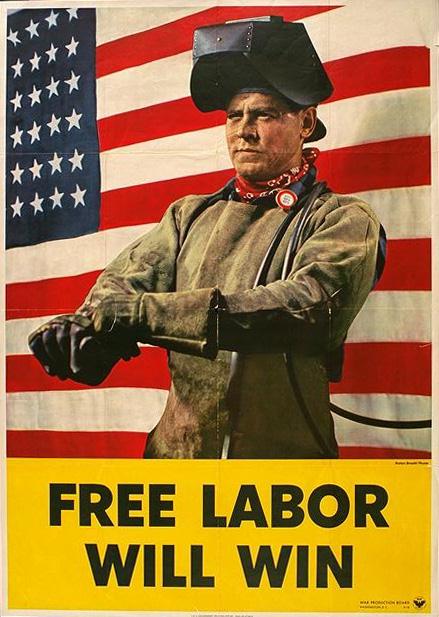You will be corrected (if you're wrong)
The alternate title to this post is, 'It's just about impossible to BS your way to the top, or even into the bottom any more.'
If you haven't checked it out yet, I would recommend the latest Malcolm Gladwell book titled David and Goliath: Underdogs, Misfits, and the Art of Battling Giants, a fascinating look at how we think about (apparent) disadvantages and obstacles in business and in life, and how, often, these kinds of challenges prove not to be disadvantages after all.
One of the 'underdog' examples in the Gladwell book is from about 20 years ago and tells the story of a guy who during a shared cab ride from Wall St. out to LaGuardia Airport in New York, talked his way into an interview (and was a few days later, hired), to be an options trader at at a big financial services firm. The catch was that in fact this guy had zero job experience, no industy connections or references, and did not have the kind of educational background that would have gotten him past the first few knock-out questions that the bank would have had in place (had there been such a thing at that time). But he was able, in that one hour in the cab, to pitch and present himself as a sharp, experienced person that was worth pursuing.
Long story short, he went on to be really successful in that job trading options, (he essentially taught himself, was smart, and a bulldog that out worked everyone), and has gone on in his career to become a rich and powerful executive at one of the big Wall St. powerhouse firms. Great story of someone who was able to overcome some disadvantages, turn at least a couple of them into assets, and succeed where it might have seemed that a middling and non-descript career was probably his most likely outcome.
Great story for sure, but what I almost immediately thought about after reading it was how there is probably no possibility of it happening today.
The 2014 equivalent of the 'Guy conning a busy manager in off the cuff conversation to give him an interview for a position he has no education/experience to qualify for' might be something like a guy hitting up a hiring manager with a well-crafted and interesting LinkedIn connection request, (because LinkedIn is now so big and out of control they have a couple of shared connections), but that shows a profile with thin, and not relevant job experience, an educational story that doesn't 'fit' the candidate profile, and no meaningful recommendations or endorsements. If the hiring manager even noticed the request, and this is a bigger if, forwarded the profile over to anyone in HR or Recruiting to review, there would be little to no chance of the guy getting a second look, much less a call in for an interview or a job offer.
And I totally get why that makes sense, it is hard enough for many jobs to find people that are qualified or nearly qualified so they can hit the ground running (as your hiring manager demands), and there are a raft of other kinds of jobs where you are turning away really good candidates, so in either case chasing after any kind of 'No way he is a fit, but what the heck, he's got charisma, let's call him in for an interview anyway' type of candidate is kind of a long shot no one has time for.
I'm not saying if this is bad or good, really, it's just how it works today. Today, the guy in Gladwell's book almost certainly would not get hired at most established firms. You would check his story first, and you'd find it lacking. LinkedIn is the new scoresheet.
He'd have to find another way in to the industry (or start something on his own).
Thanks to the social net (and more advanced technology), we can now know just about everything about anyone who wants a shot at working for us.
I wonder if that has made hiring easier or harder.
Have a great week!

 Steve
Steve




